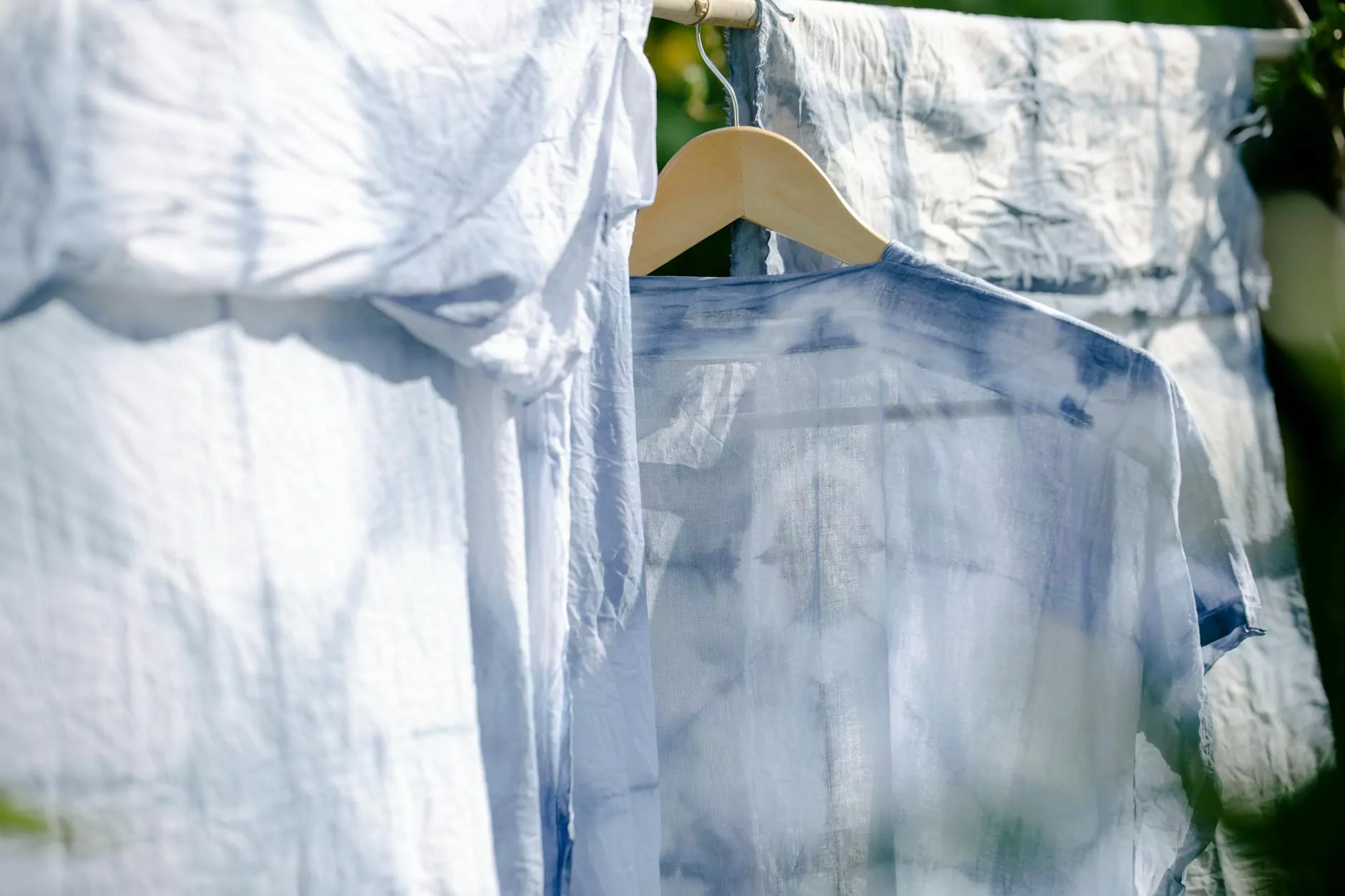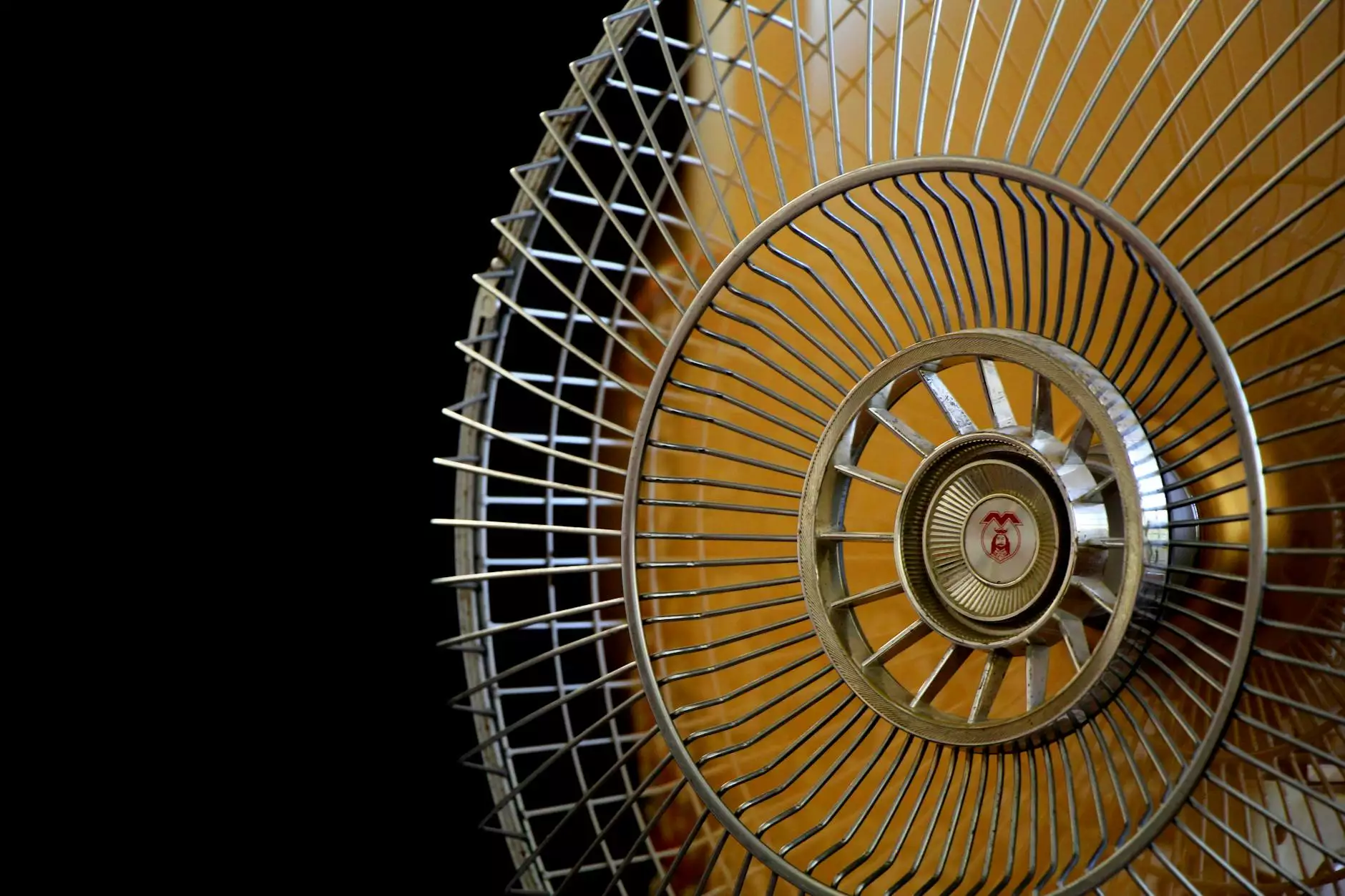Differences Between Hard and Soft Water
Blog
When it comes to water quality, it is essential to understand the differences between hard and soft water. Hard water contains high levels of minerals such as calcium and magnesium, while soft water has low mineral content. These variations can significantly impact your home's heating and air conditioning systems, and understanding their effects is crucial for optimal HVAC performance.
Effects of Hard Water on HVAC Systems
Hard water can have numerous detrimental effects on your heating and air conditioning equipment. One of the most common issues is mineral buildup within the system. Over time, minerals in the water can accumulate in pipes, valves, and heat exchangers, reducing their efficiency and potentially leading to costly repairs.
Additionally, mineral deposits can hinder the heat transfer process in your HVAC system. The accumulation of minerals on heating elements or cooling coils acts as an insulating layer, decreasing their ability to exchange heat and negatively impacting energy efficiency. This inefficiency can result in higher energy bills and reduced comfort levels in your home.
Furthermore, hard water can also affect the lifespan of your HVAC equipment. The buildup of minerals can cause corrosion and wear on various components, leading to premature failure and the need for frequent repairs or replacement. By addressing the issue of hard water, you can extend the life of your HVAC system and save money in the long run.
Benefits of Soft Water for HVAC Systems
Soft water, on the other hand, offers several advantages for your heating and air conditioning systems. With its reduced mineral content, soft water minimizes the risk of mineral buildup and scaling. This allows your HVAC equipment to operate at its optimal efficiency, ensuring reliable performance and lower maintenance costs.
Additionally, the use of soft water can enhance the lifespan of your HVAC system. Without the corrosive effects of hard water, the components remain in better condition, reducing the likelihood of premature failure and the need for major repairs. By installing a water softener and utilizing soft water, you can protect your investment in your heating and air conditioning systems.
Optimizing HVAC Efficiency with Water Conditioning Solutions
To maximize the efficiency and longevity of your HVAC systems, considering a water conditioning solution is highly recommended. Installing a water softener or using other water treatment methods can effectively eliminate the negative impacts of hard water on your heating and air conditioning equipment.
A water softener works by removing the excessive minerals, such as calcium and magnesium, from the water supply, leaving you with soft water. This process ensures that your HVAC systems operate efficiently, extending their lifespan, reducing energy consumption, and improving the overall comfort in your home.
At Northwest Heating & Air Conditioning, our experts specialize in providing comprehensive HVAC solutions, including water conditioning services. We understand the importance of water quality and its impact on your heating and cooling systems. Our team can analyze your water composition, recommend the appropriate water conditioning solution, and assist with the installation and maintenance of the system.
Contact Northwest Heating & Air Conditioning for Your Water Conditioning Needs
Don't let hard water compromise the efficiency and performance of your HVAC systems. Contact Northwest Heating & Air Conditioning today for professional water conditioning solutions. Our experienced technicians are ready to assist you in optimizing your system's efficiency, improving indoor comfort, and reducing potential HVAC-related issues caused by hard water. Schedule a consultation with us now!
By addressing the differences between hard and soft water and taking the necessary steps to mitigate the negative impacts of hard water on your heating and air conditioning systems, you can improve your HVAC efficiency, reduce energy consumption, and ensure the long-term reliability of your equipment.










